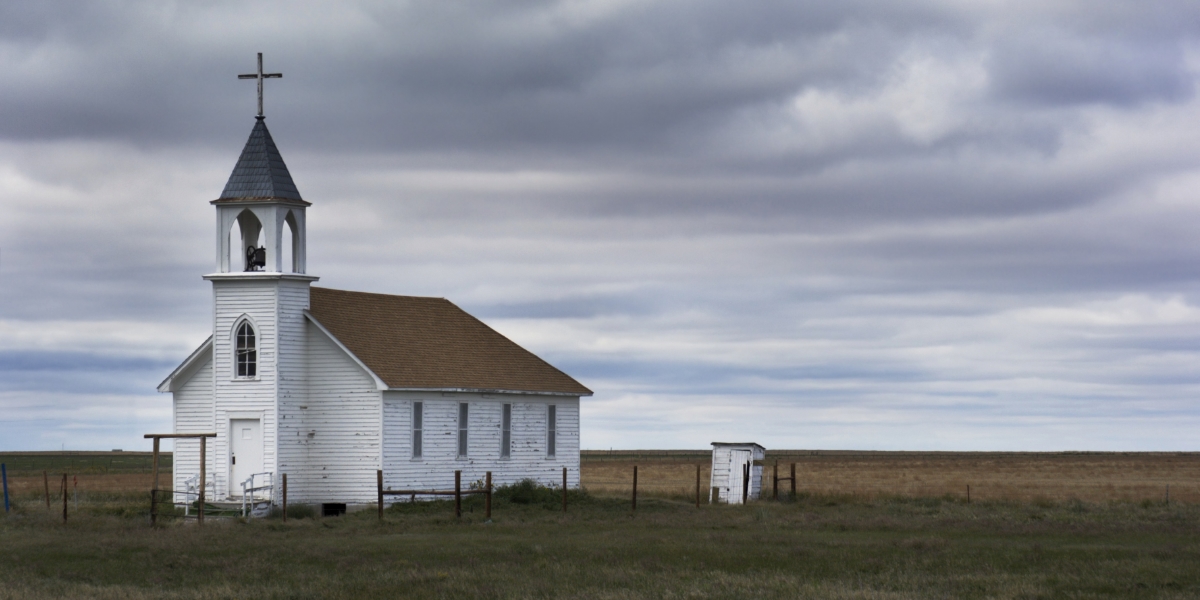‘Were the Founders Christian?’ and Why We Shouldn’t Care
Share
By Hillsdale College Online Courses April 13, 2015
The Founders themselves thought the principles of Christianity very helpful in supporting a free society. That being said, the private views of the founders and the other people of their era are far less important than their public pronouncements.
The following video is a clip from Q&A 5 of Hillsdale’s Online Course: “Constitution 101.”
Transcript:
John Miller: The Founders had many different kinds of religious beliefs but something that we hear often is that they were Deists. They weren’t really Christians they were Deists. What is Deism and did that influence the founding?
Thomas West: Okay. Before I get to that, I want to say that I am really, profoundly uninterested in what the private religious convictions of the founders may have been. I think that's a topic that people who want to go into biography are welcome to investigate. What's important about the founding is not what people privately did or believed in that founding era, but what was done publicly. What were the ideas and laws, customs, policies that the Founding Fathers coalesced around and united to support? That's what matters in the founding.
There, you find near unanimity, that is, the founders were very supportive of products of Christianity in their private lives, would privately attend church and were supportive in that way, and publicly spoke favorably of the prevailing Christian, particularly the prevailing Protestant understanding.
Again, I immediately have to add that wasn't because the principles of the founding required Christianity, it was because the Founders as a group, insofar as they were acting publicly, thought Christianity was very helpful in supporting a free nation, a nation in which people believed it was their moral obligation to pay their debts, not to lie in court, to honor their father and mother, not to commit adultery; all of the typical things you find in the second table of the Ten Commandments, were also in the founder's view, required by the natural law so they were supportive.
Now, individual founders, Jefferson, for example, called themselves true Christians. He didn't much like Christianity as it prevailed in his day. On the other hand, when he became President, his first inaugural address, he made a big point of saying, "I am really supportive of the religious views that Americans, as a whole, share." He too saw that Christianity as understood in America, at least in it's moral teaching, was something that was not only valuable but deserved government support.

